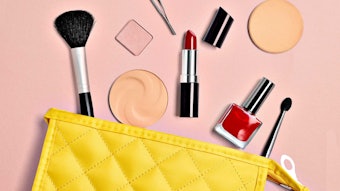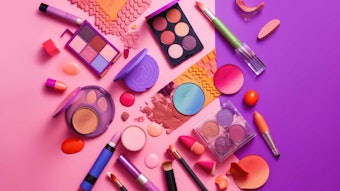
Glamour recently shamed TikTok videos for misleading consumers by alleging Olaplex No. 3 Hair Perfector was banned in Europe. The videos called out the product for containing the "toxic" ingredient Lilial that is now banned in the European Union (EU).
According to Glamour, for some time, the hair product has been the talk of the beauty community, with major influencers among its fans. The original formula, however, was revealed to contain the banned ingredient. For this, the product is now gaining negative attention—an ingredient it no longer contains, the source discovered. According to the brand, it proactively removed the ingredient in January 2022.
Butylphenyl methylpropional (BMHCA), also known by its trade name Lilial, is a fragrance ingredient used in cosmetic products. As of March 1, 2022, the material was classified as a carcinogenic, mutagenic or reprotoxic (CMR) Category 1B substance under the European Union (EU) and Great Britain (GB) Classification, Labelling and Packaging (CLP) Regulations.
See related: Read the Label; Olaplex No. 3 Hair Perfector
The Cosmetic, Toiletry and Perfumery Association (CTPA) issued a statement explaining that the CMR classification of BHMCA, its current ban in the EU and its anticipated ban in GB are due to the "potentially hazardous properties of the substance under a worst case scenario. They do not take into account whether there is any risk associated with specific uses or exposures."
The association added that consumers who have bought cosmetic and personal care products that contain BMHCA can be reassured these products are still safe to use, as the products will have undergone a rigorous assessment by an expert safety assessor to ensure their safe use.
According to the CTPA, Article 15 of the UK and EU Cosmetics Regulations requires CMR-classified substances to undergo an exemption process to assess whether they can continue to be used as cosmetic ingredients. Since this process has not yet been completed under the UK Cosmetics Regulation, the EU ban on BMHCA does not yet apply; although a ban in GB is expected in the future.
See related: How EU Regulations Influence Fragrance in Cosmetics










